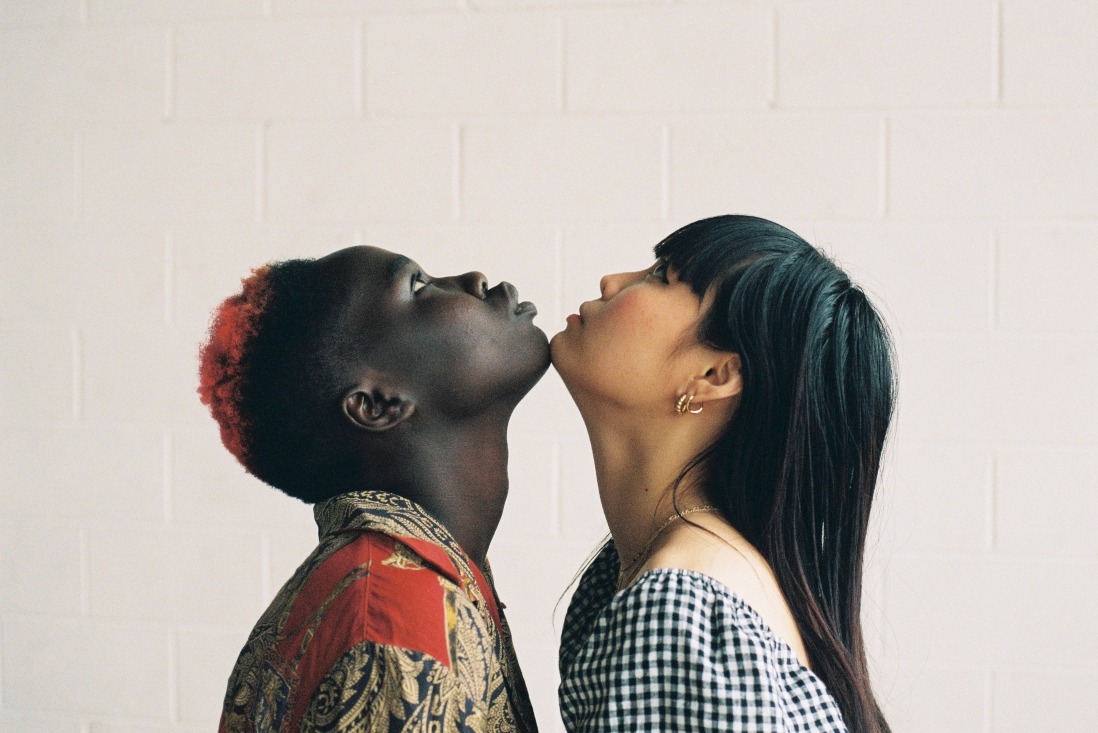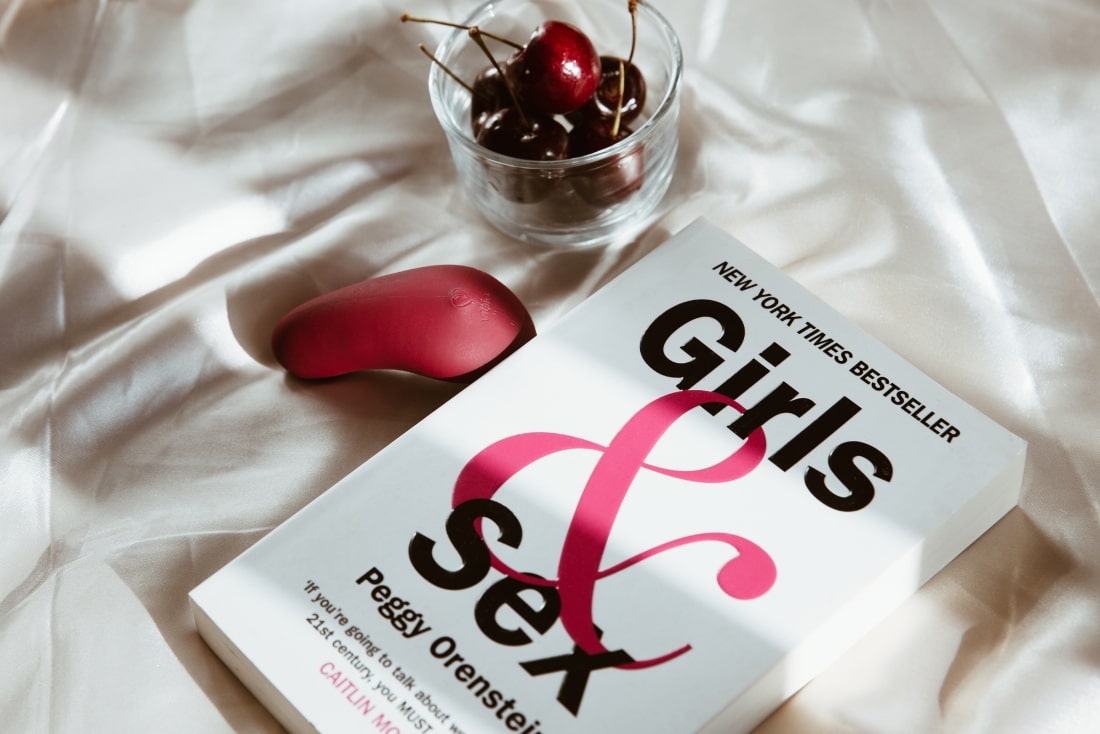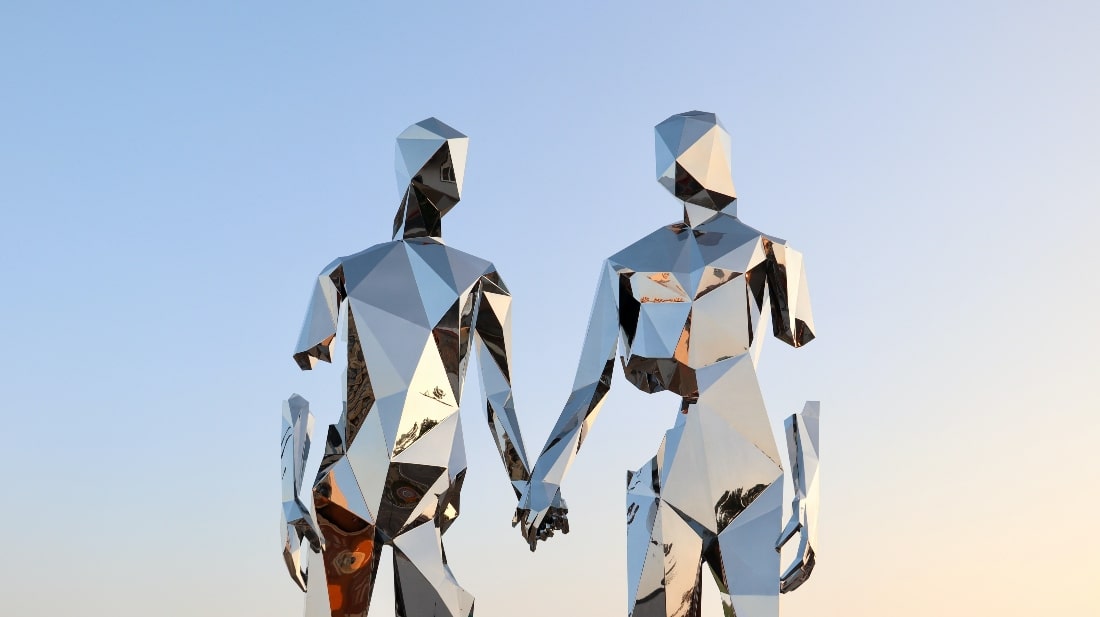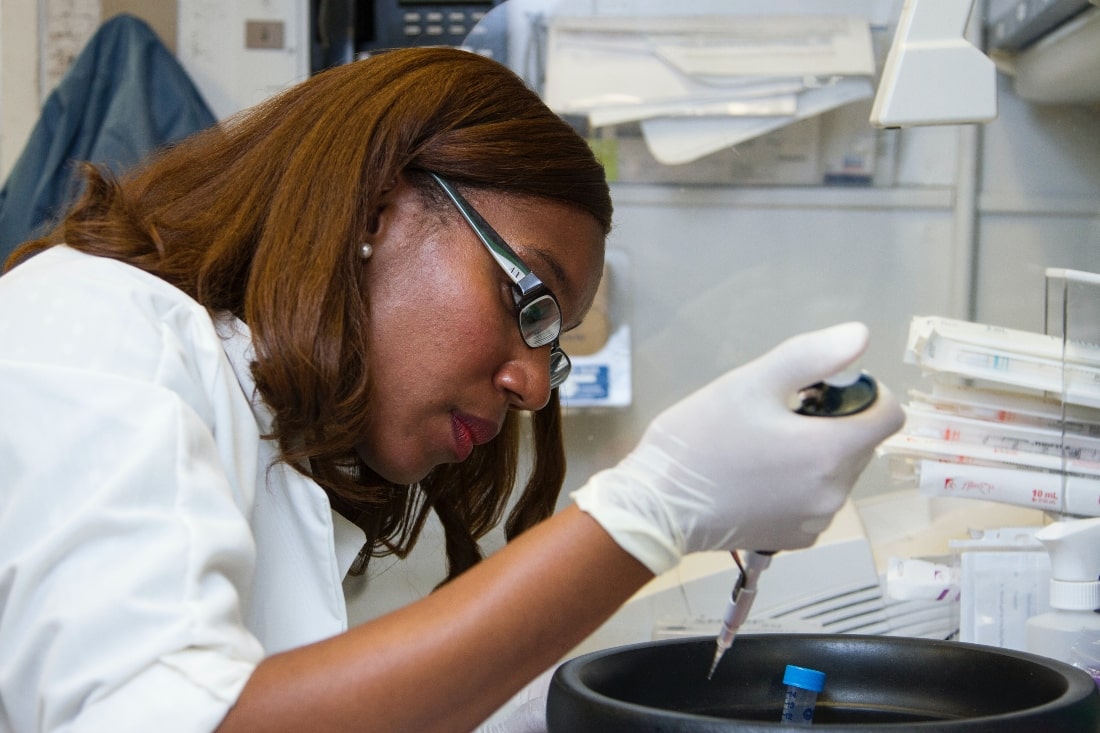Period-care brand Callaly has launched “We Need to Talk About Vulvas”, a new campaign to encourage #VulvaTalk and debunk “the myth of the perfect vulva”, centring diverse, real-life experiences of people with vulvas and providing new educational material for parents, educators and people with vulvas.
The campaign launches with research showing almost a third (29%) of people aged 16 to 35 have worried about whether their vulva was abnormal, while 40% of 16-24 year olds and 37% of 25-34 year olds wished they had a “neat, symmetrical shaped vulva”.
22% of 16 to 24-year-olds and 15% of 25-34s have considered changing their vulva themselves
In addition to this 22% of 16 to 24-year-olds and 15% of 25-34s have considered changing their vulva themselves, either by cutting or bleaching it, and 13% of 16-34 year olds are planning to have surgery on their vulva. More than half (55%) of 16-24s and 40% of 25-34s agreed there is too much pressure on people to have ‘perfect’ vulvas.
The #VulvaTalk campaign is fronted by 10 people with vulvas, who have shared how their lived experiences have affected their own feelings about their vulva. Our stories touch on gender transition, cultural stigma, sexual experiences, disability and a desire for labiaplasty (surgery to reduce the size of the labia). Each has cast their vulvas in plaster and are sharing images of these casts with the world through the campaign photography, shedding light on how diverse vulvas really are.
The #VulvaTalk campaign ambassadors spoke about how the role of pornography, inadequate sex education at school a narrow representation of vulvas influenced how they feel about their vulvas.
A third of people would be reassured by a greater variety of images in the public realm
As a response to this, and research which shows a third of people would be reassured by a greater variety of images in the public realm, Callaly has launched the #VulvaTalk digital hub – filling a current void on the internet – which includes realistic, informative imagery capturing the true diversity of vulvas, expert opinion, reassuring real-life stories and guides, and a pledge to “call a vulva a vulva” while encouraging greater vulva visibility.
With almost half (46%) of 16 to 24-year-olds not confident they know exactly what a vulva is, Callaly knows there is a need to reach young people as early as possible. So, it has also created a range of free #VulvaTalk educational learning resources that parents and educators can download and use at home or in the classroom, to tackle the lack of visibility of a range of vulvas and with the aim of reducing unnecessary feelings of shame and anxiety.
| The #VulvaTalk educational learning resource includes: Diverse vulva illustrations to show the range of what’s healthy (can be used as classroom activity/visual guide)Advice from people with vulvas on how to have a relationship with your vulva. A quiz or factsheet on the language around vulvas to teach young people how important language is in our relationship with our bodiesFAQs for teacher and parents to use as a guide when young people ask questions, from Callaly’s in-house gynaecologist Dr Tania Adib |
Callaly have also created a pledge that they are committing to:
1 Big Problem, 3 Solutions
1) Call a vulva a vulva
2) Promote diverse and representative imagery of vulvas, helping to challenge the idea that symmetrical, hairless, ‘neat’ and/or pink vulvas are somehow more normal or preferable
3) Create better educational content so that young people are aware of the huge diversity that exists within normal, healthy vulvas
A selection of the #VulvaTalk campaign ambassadors are included below – (detailed stories are available on request):
- Lydia Reeves (29) explains that seeing porn at 14 distorted her view of her own vulva – she was desperate to turn 18 so she could get labiaplasty. She didn’t end up getting the surgery and now makes body casts of people with vulvas to help them embrace their own bodies.
- Vic Jouvert (26) explains that the way he feels about his vulva since going on testosterone and experiencing ‘bottom growth’ has changed drastically. He describes the experience of relearning his body again.
- Catriona Lygate (27) has struggled with body insecurities and constant bullying from a young age. Fetishised because of her petite frame and “compact” vulva, she has now started to rediscover and reclaim her own sexuality.
- Rubina Pabani (33) experienced cultural stigma and shame whilst growing up in the Bengali community, describing an expectation that women should be “in the kitchen making rotis”. Her experiences at school and a lack of representation in porn meant her relationship with her vulva has gone from a deep place of shame to a place of empowerment through self-pleasure.
- Poppy Jay (35) felt detached from her vulva and ashamed of it for a long time, describing it as “a weird, floating appendage” that she used for “sex, urinating and bleeding”. Being sexualised within her community from a young age, she grew to hate her vulva, but over the past few years has started to learn to love and respect it.
- Ginny (24) felt shame and detachment from her vulva early on. Unexpectedly, it was a diagnosis of Hypermobile Ehlers-Danlos syndrome and the medical trauma she experienced that ended up connecting her closely to her vulva. Ginny now posts on @MyDisabledSexLife reminding others that disability shouldn’t automatically be an obstacle to sexual pleasure.
“For such a high proportion of people to be walking around thinking there is something wrong with their perfectly healthy vulva is nothing short of a crisis.”
Jody Elphick, Callaly’s Vulva Diversity Campaigner, commented: “We knew this conversation was long overdue, but it wasn’t until we got the results of our research back that we realised how serious the problem is. For such a high proportion of people to be walking around thinking there is something wrong with their perfectly healthy vulva is nothing short of a crisis. We hope this campaign will help dismantle the culture of shame and secrecy surrounding vulvas, spark frank conversations, and encourage improvements in the education system so that future generations can feel more confident in their own bodies – whatever shape, size or colour their vulva happens to be”.
Only when we talk do we find solutions and often realise our perceived problems are in fact entirely normal experiences.
Dr. Tania Adib, Consultant Gynaecologist at Callaly, commented: “I ran a vulva clinic for 8 years and so yes these statistics are concerning, but many tally with my first-hand experience. There is a certain stigma around talking about vulval symptoms and people find it very difficult to open up about their problems even to their doctor. I’ve seen many people over the years struggling with self-esteem issues caused by shame over how they perceive their vulva. Whether it’s caused by inadequate sex education in school or the role played by pornography, it is time we address this disconnect between people and their bodies. Only when we talk do we find solutions and often realise our perceived problems are in fact entirely normal experiences. Let’s start by calling a vulva a vulva”.







